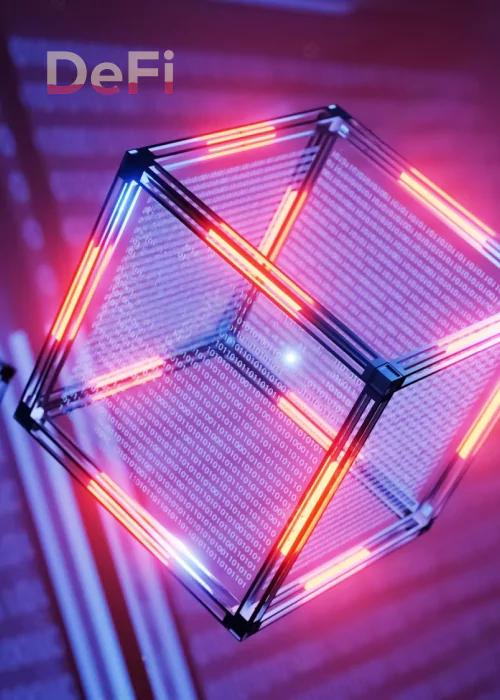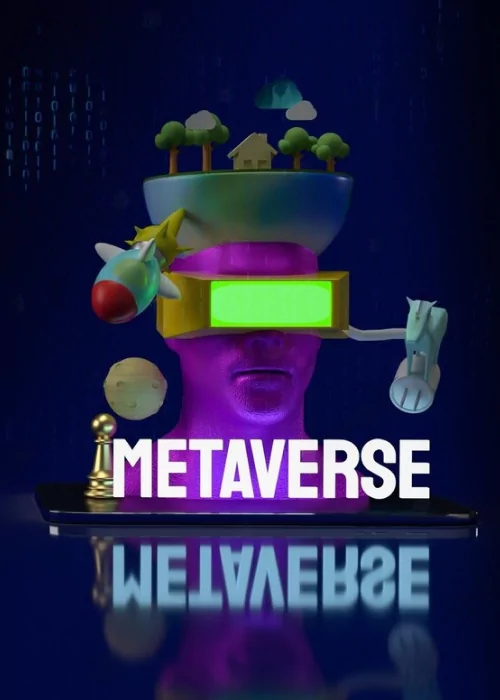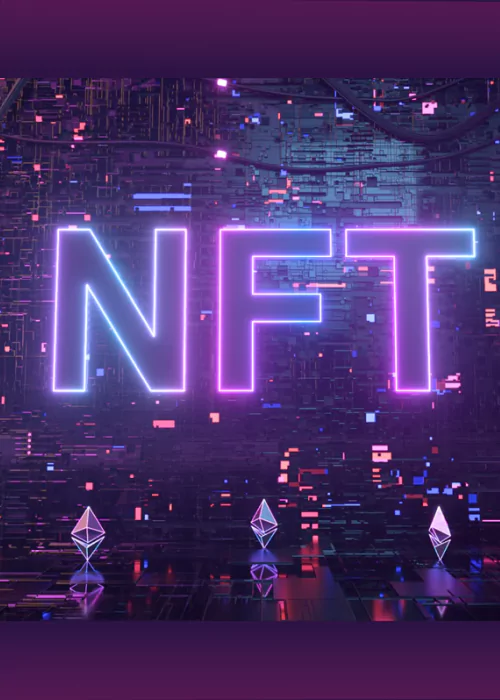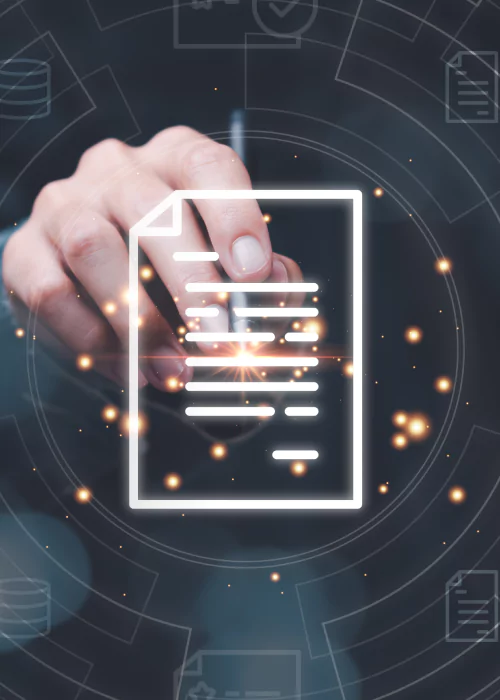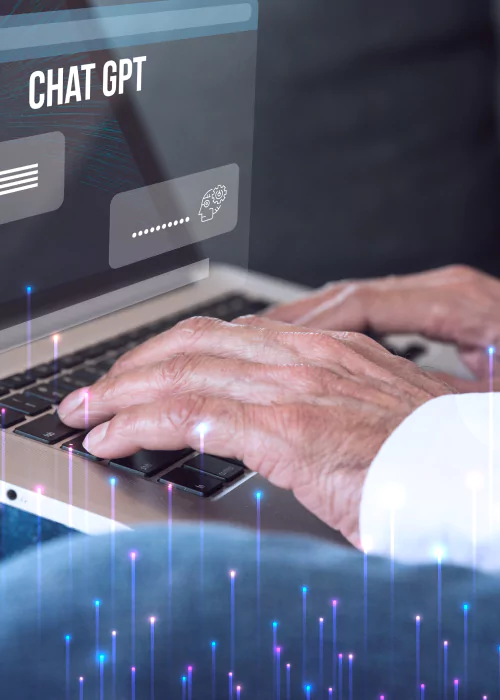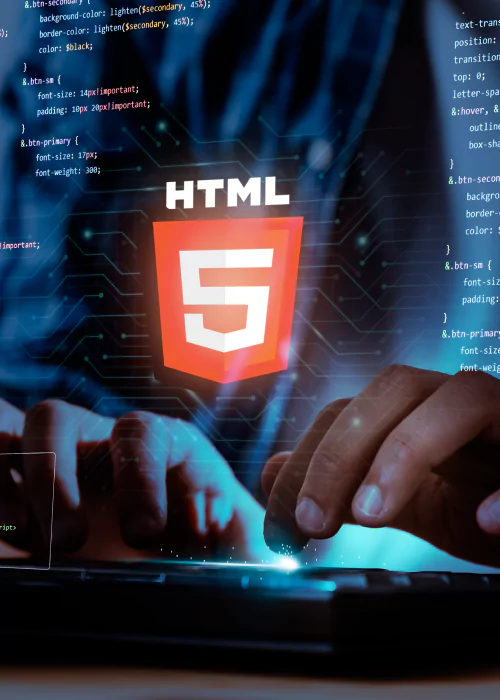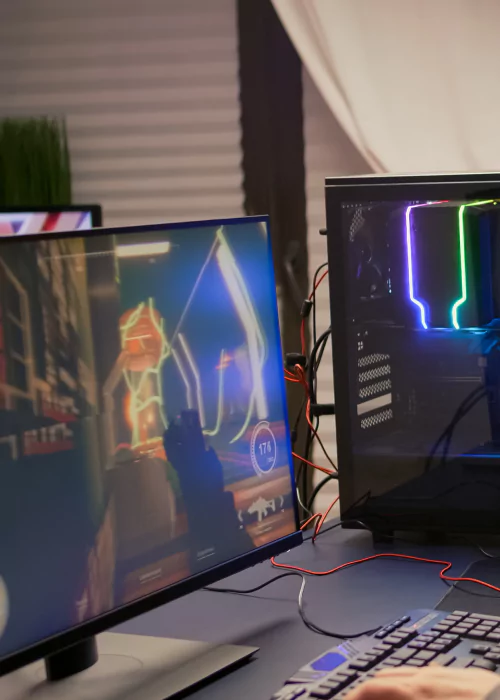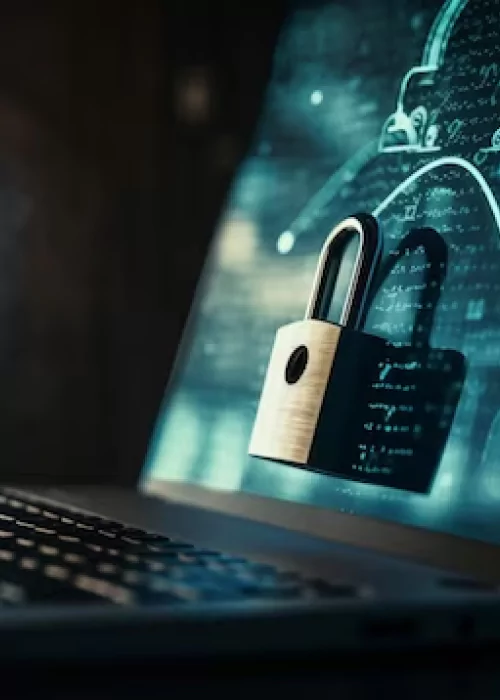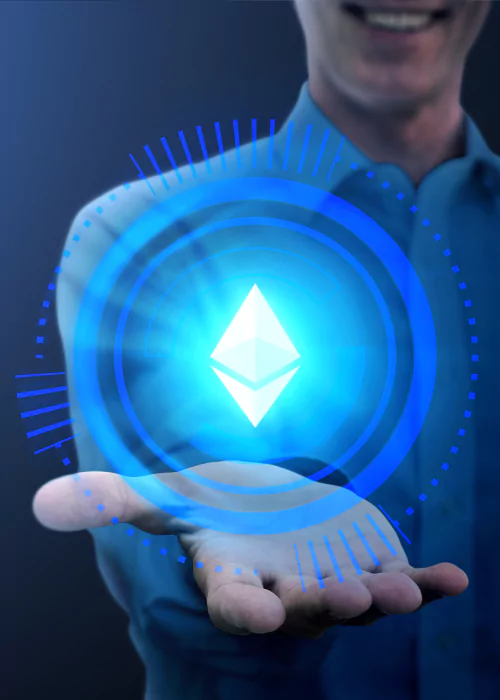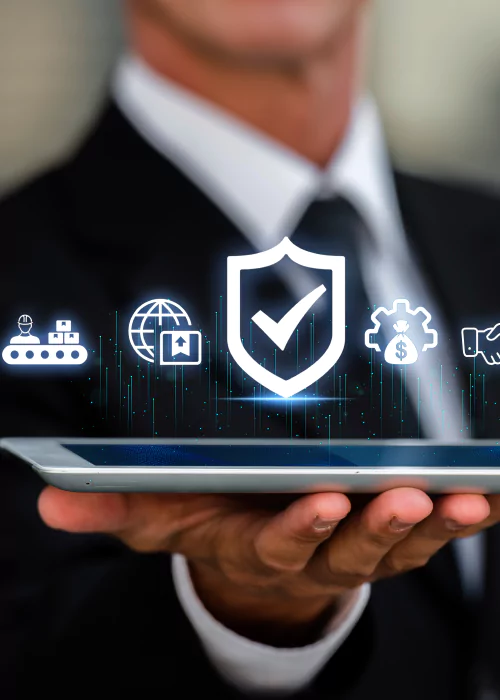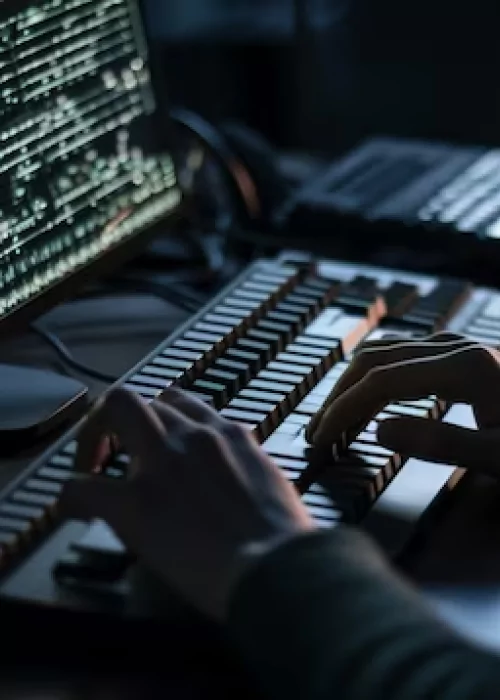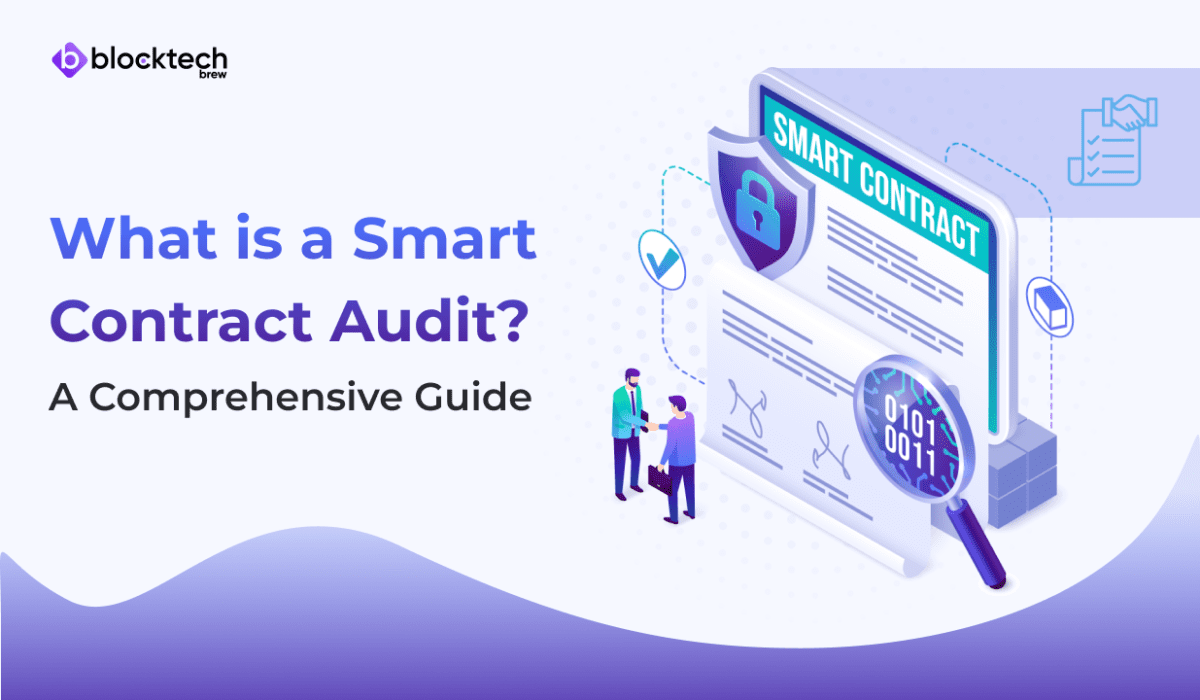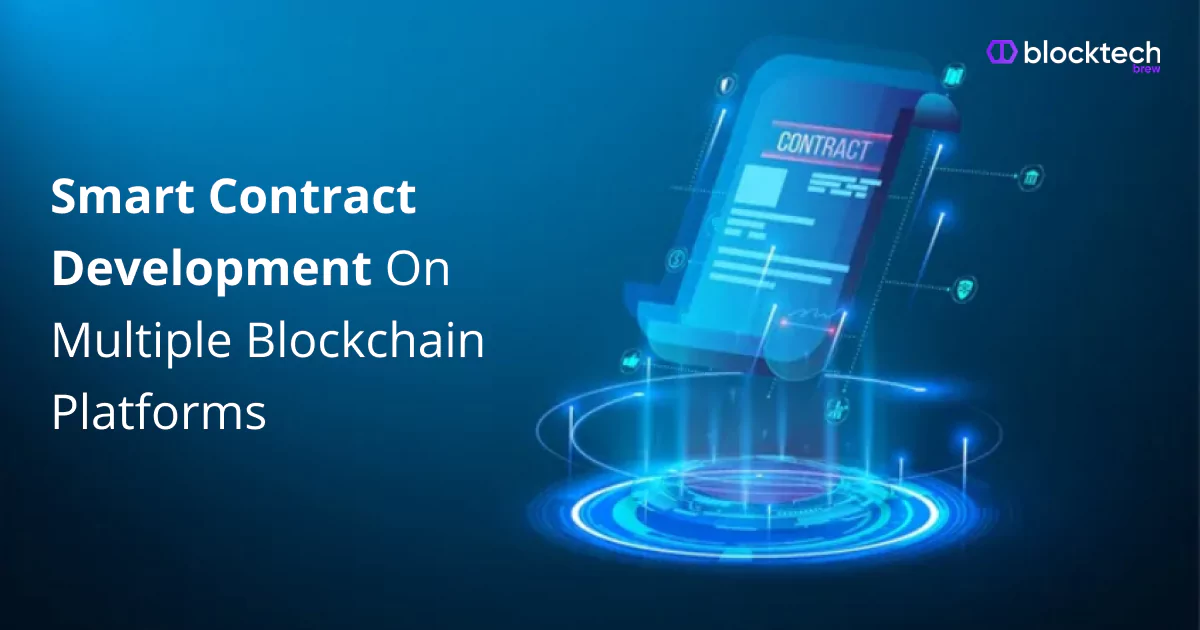Did you know that the global smart contracts market size is estimated to reach USD 770.52 million by 2028 from USD 144.95 million in 2020?
Since all transactions on the blockchain are final, if any funds get stolen, these cannot be retrieved. So, before you invest in a blockchain project, make sure that you’ve thoroughly gone through the results of a smart contract audit or code review.
Besides, knowing the ins and outs of how these audits take place is equally vital. So, take a look at the tools and methods used to arrive at the results. This will help you make a more informed decision.
Types of Smart Contracts
These are essentially self-executing contracts between two or more parties for an exchange of something valuable when certain conditions are met without the involvement of any third party.
The best part? They can be programmed to execute almost instantaneously on the blockchain. This makes smart contracts ideal for transactions that need to be conducted within a stipulated time. That is why Development of smart contracts should only be handled by experts like Blocktechbrew.
Smart Contracts are classified into four types as per their usage by programmers for building apps:
Decentralized Autonomous Organizations
Here, the set of rules are established and controlled by the organization members and not external entities.
Smart Legal Contracts
Also known as legally-enforceable smart contracts, these have to adhere to strict legal standards.
Distributed Applications
These consist of one or more local or remote clients that communicate with one or more servers on several machines linked via a network.
Contracts of Applied Logics
These are built on a decentralized network that combines the smart contract with the front-end user interface.
Need for a Smart Contract Audit
As blockchain transactions are irreversible, ensuring that a project’s code is secure is essential.
Huge amounts of value are transacted through or locked in smart contracts. Thus, these entice the hackers to carry out malicious attacks. Even a minor coding error can lead to a loss of huge sums of money. For instance, more than 60 million dollars worth of ETH were stolen as a result of the DAO hack. This led to a hard fork of the Ethereum network.
So, if you’re thinking of investing in crypto over the blockchain, the importance of audits for cybersecurity is paramount.
How are smart contracts audited?
Though every auditor’s approach may vary, the typical smart contract audit process is as follows:
Determining the Audit’s Scope
Project specifications help the audit team keep the big picture in mind – the purpose behind writing and using the code. The project’s architecture, build process, and design choices are all parts of these specifications.
Then, the other associated documentation (generally included in the project’s README file) should also be laid out.
To know about particular sections of code, auditors go through whitepapers and docstrings. But to get a 360-degree view during the smart contract audit, these professionals need to go through a well-written specification. It serves as the backbone for the audit process.
Code Freeze
Simply put, it means that the smart contract code built on the blockchain has been finalized and is ready to be deployed to the production environment. It is the final draft stage wherein the developers have ensured that any abnormal or undesirable code has been fixed.
A final commit hash is included in the specifications and provided to the audit team.
This ensures that the blockchain project team and the smart contract audit team agree on the code being audited. It also guarantees that any modifications made to the project are not in scope for the smart contract security audit.
Testing
Auditors carry out both manual and automated tests. However, the exact nature of these tests changes depending on the auditing team’s expertise, their methods, and their analysis tools.
The scope of these tests range from unit tests addressing specific functions to integration tests targeting larger chunks of smart contract code.
Benefits of Smart Contract Code Testing
- Higher the test coverage, lesser the chances of easily detectable bugs making their way into an audit.
- Further, tests also ensure that all developers within a team have agreed upon the project’s functionalities and intended performance. This, in turn, prevents confusion during the smart contract audit.
- The tests also demonstrate another way to the auditors to get an insight into the project’s expected functionality.
If all tests pass, then all is well. If a number of tests fail, the audit team reports the same to the project team. Accordingly, the developers remake critical portions of the codebase.
Build a Smart Contract That Caters to All Your Business Needs.
Checking the Test Line Coverage
The next important step in the smart contract audit is to see how much of the code has been evaluated by tests. Greater test coverage means more tested features, which means fewer unknown vulnerabilities or issues.
Though 100% line coverage is ideal, a rough 85 to 90% of line coverage per contract is reasonable for most projects.
If the percentage of smart contract code line coverage is below this range, the project team must be informed at once so that they can conduct more tests before deployment.
Automated Analysis
An automated bug detection or security vulnerability software helps the auditors efficiently conduct a security analysis of a smart contract while saving time. Such tools have been developed considering common vulnerabilities detected through Solidity analysis.
Such softwares analyze a program to identify which inputs cause every part of the program to get executed. Using them, the smart contract auditing process becomes much simpler as:
- Common pitfalls in code are easily identified
- Audit turnaround time is reduced, and
- Auditors get more time to focus on complex vulnerabilities.
As such, a variety of cybersecurity attacks are prevented.
Manual Analysis
Though automated analysis tools are useful and do most of the work, these are not 100% reliable. These are not aware of the context in which every piece of code is written. So, it is not uncommon for these tools to report false positives – incorrectly claim that an issue exists.
To ensure that no false positives are notified, a manual analysis of the smart contract code is required for every reported vulnerability.
Also, the thing about automated tools is that these may not understand a developer’s intention. Often, the software does not seem to contain vulnerabilities but differs from the intended functionality. A manual analysis detects such remaining potential vulnerabilities during a smart contract audit.
After identifying the bug, the auditing team confirms whether the project performs as expected or not. Following this, it offers recommendations to the project team.
Audit Report Generation
Once all the above-mentioned steps are performed, the smart contract auditing team compiles a report for the project team. Ideally, both the teams discuss and act on the report’s findings.
This is the final step. Here, the project team understands the vulnerabilities detected and integrates the audit team’s recommended patches.
How much does a smart contract audit cost?
Typically, such an audit runs into thousands of dollars. A particularly large project may easily cost over $10,000. Note that the experience, expertise, and reputation of the team carrying out the audit also determines the amount that needs to be paid.
Another factor is the number of smart contracts that need to be checked over the blockchain.
How long does it take to audit a smart contract?
On average, the process takes between 2 and 14 days. The duration depends on factors like complexity of the project, urgency, and smart contract size.
In case of large projects or protocols, the smart contract audit may take around 30 days.
How are smart contracts verified?
Without verifying the smart contract, the block explorer will not be able to allow you to interact with the contract from their UI.
There are two ways to verify a smart contract:
Flatten all contracts into one single file and then verify using that file.
Standard JSON input method: for this, you need to install Hardhat.
Smart Contract Secure Coding Best Practices
- Generate architectural diagrams and schema using Slither printers.
- Keep as much code off-chain as you can.
- Conduct thorough code documentation using Natspec format (for Solidity).
- Document the procedures of upgrading or migration before the deployment.
- Write small and meaningful functions – split the logic either through multiple contracts or by grouping similar functions.
- Clearly describe what the smart contracts do in plain English.
- Keep a record of the logging of all events and operations.
- Use reliable libraries.
- Use a dependency manager instead of copying and pasting.
- Use the recommended version of the programming language compiler.
- Write detailed unit tests.
- Secure the wallets of your privileged users using cryptography.
- Keep monitoring your smart contracts after deployment.
- Create an incident response plan as these can be hacked.
Looking for Robust Smart Contract Development Services?
To sum it all, there is no perfect step-by-step guide to a smart contract audit. The standards are still getting developed. Moreover, different teams follow different design paradigms.
Ensure that everyone is on the same page about the project status. Put forward all the information for an open discussion. In this way, the likelihood of failure during a smart contract audit decreases.
Want to know more? Drop an email or give us a call. We’re from Blocktech brew and here to solve all your queries regarding blockchain.

I am the CEO and founder of Blocktech Brew, a team of blockchain and Web 3.0 experts who are helping businesses adopt, implement and integrate blockchain solutions to achieve business excellence. Having successfully delivered 1000+ projects to clients across 150+ countries, our team is dedicated to designing and developing smart solutions to scale your business growth. We are focused on harnessing the power of Web 3.0 technologies to offer world-class blockchain, NFT, Metaverse, Defi, and Crypto development services to businesses to help them achieve their goals.








